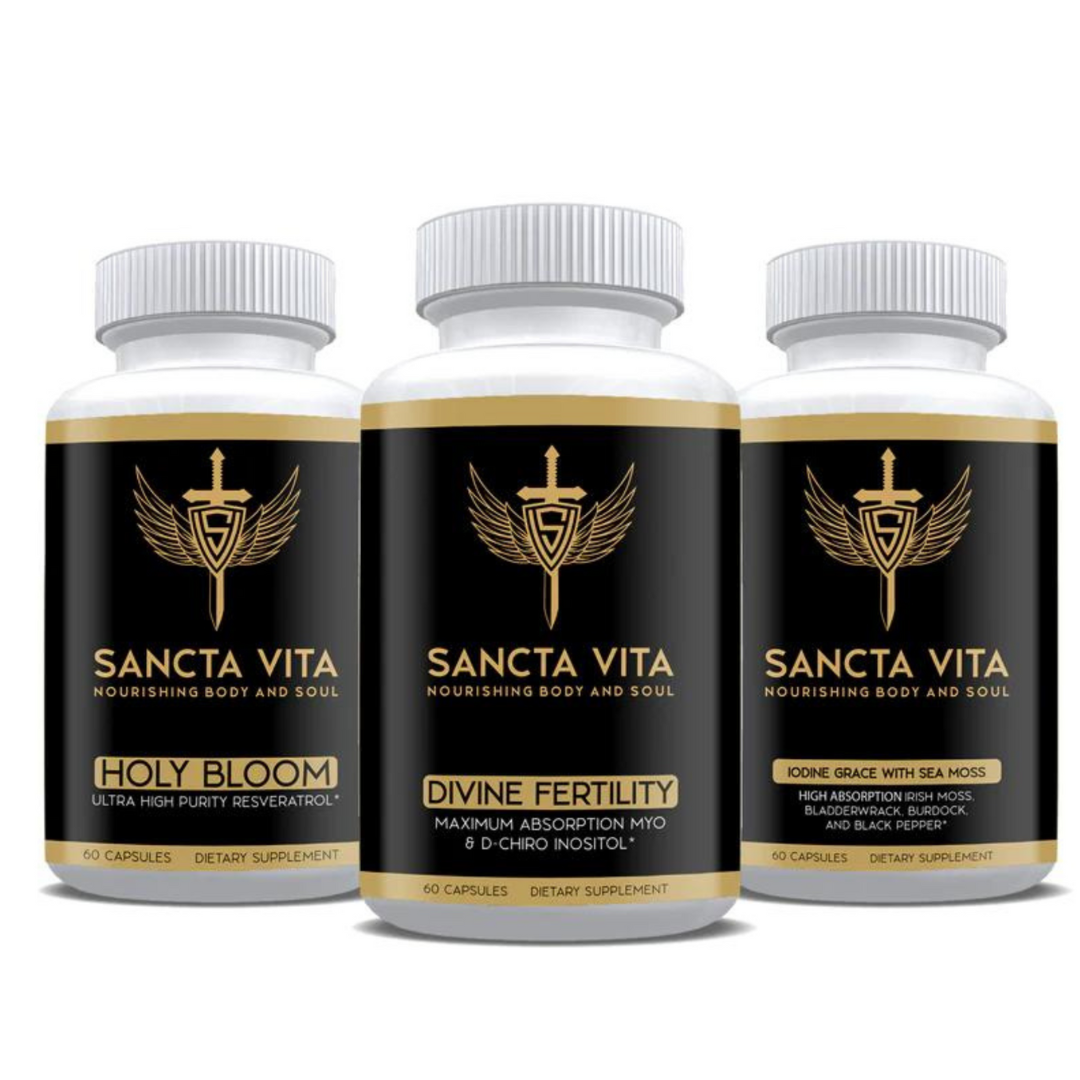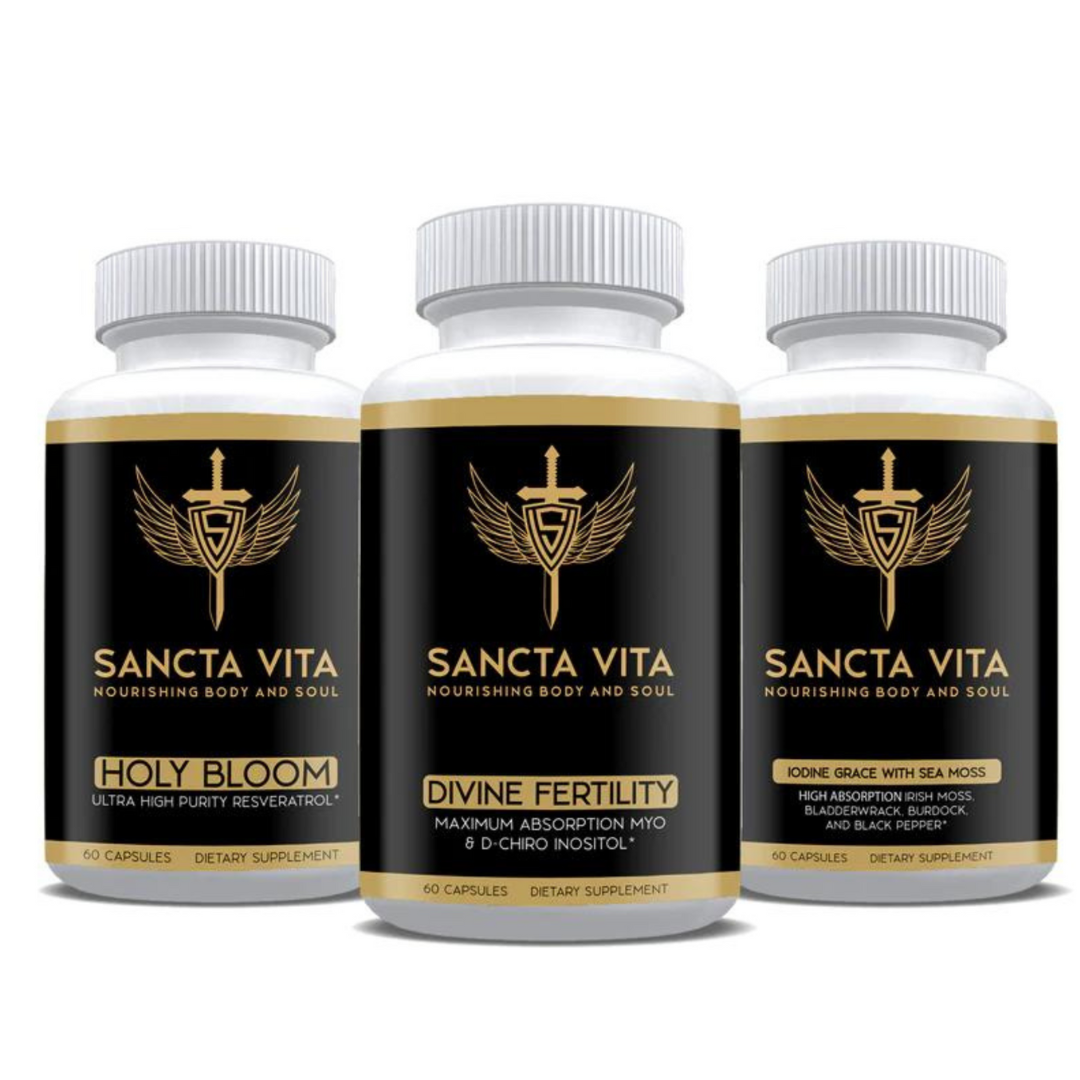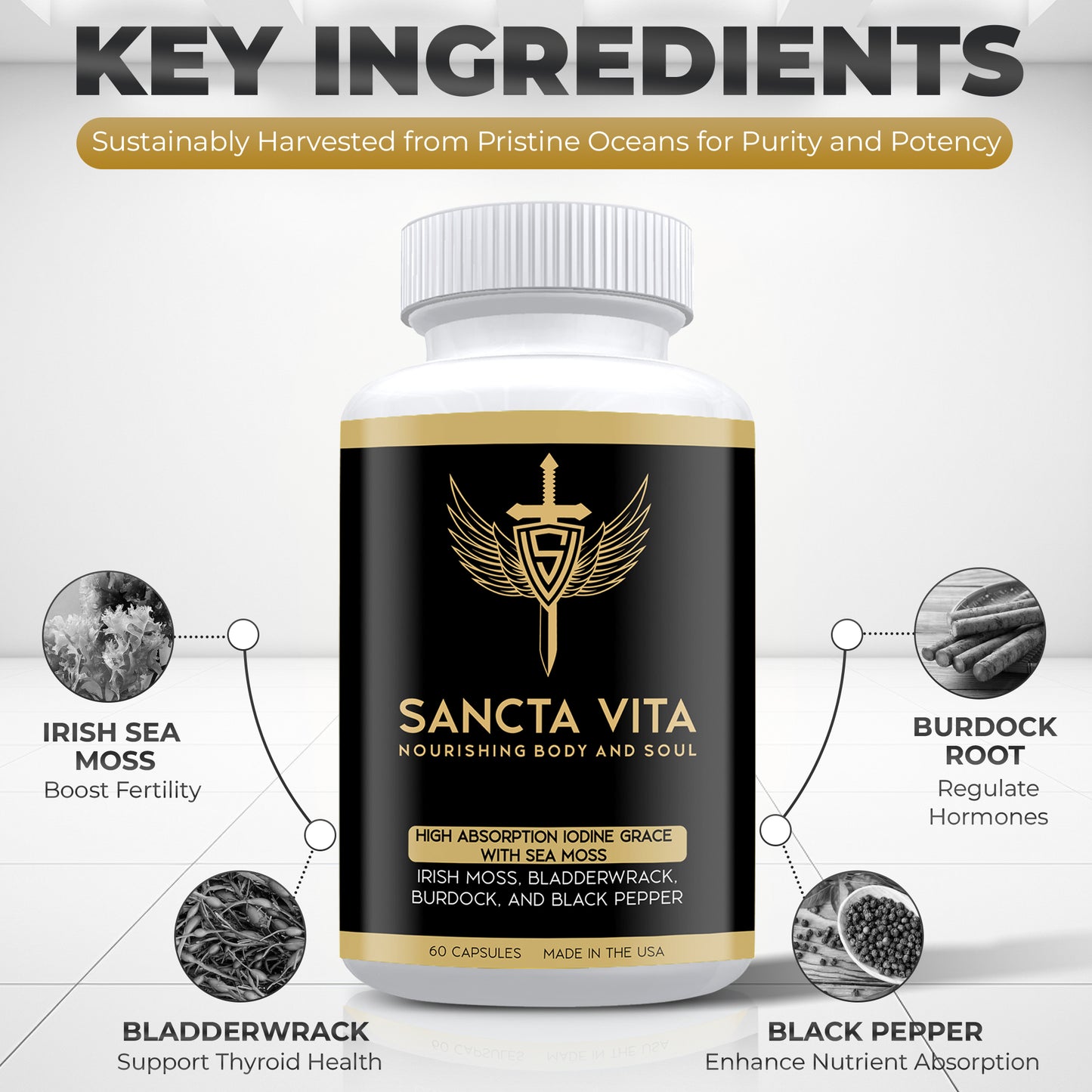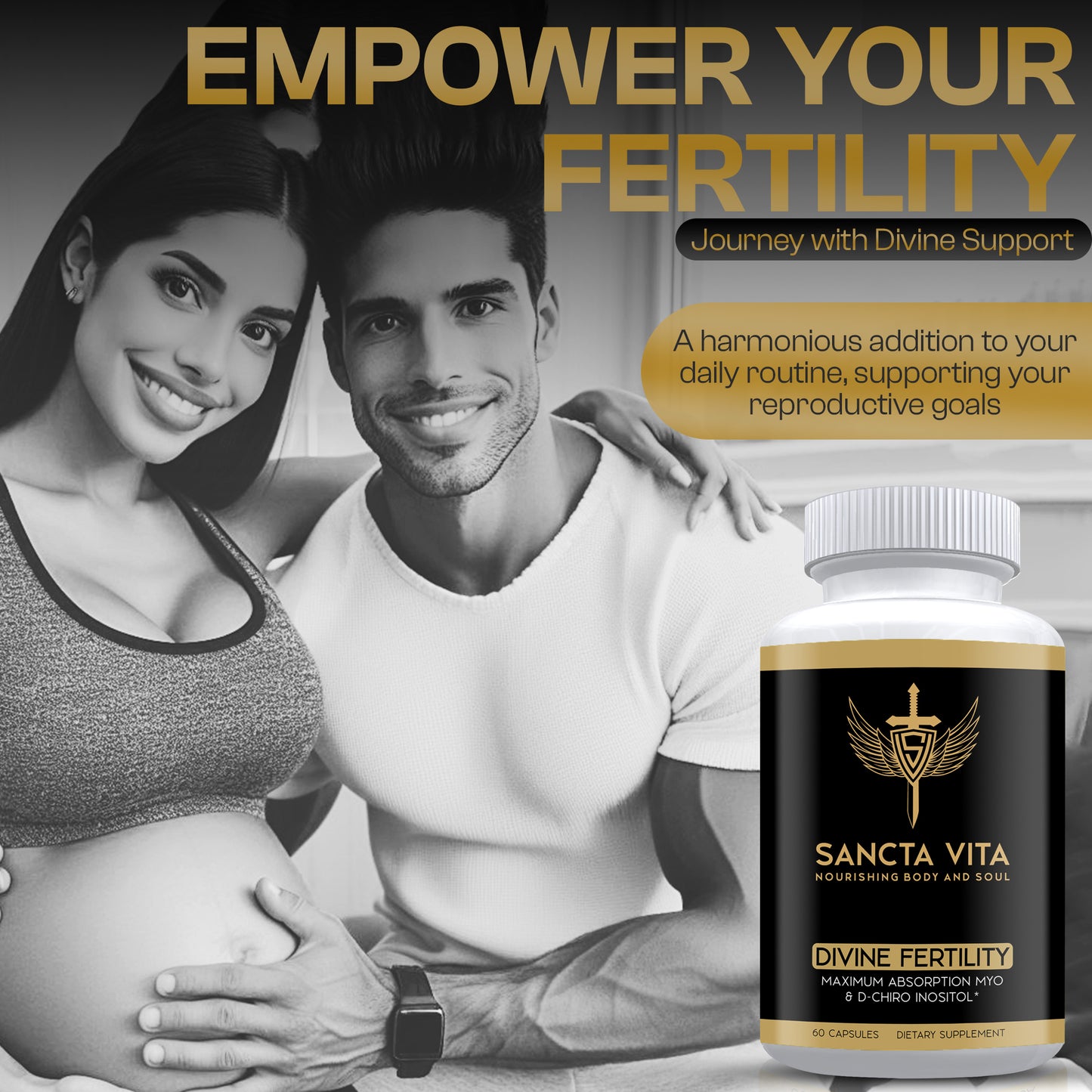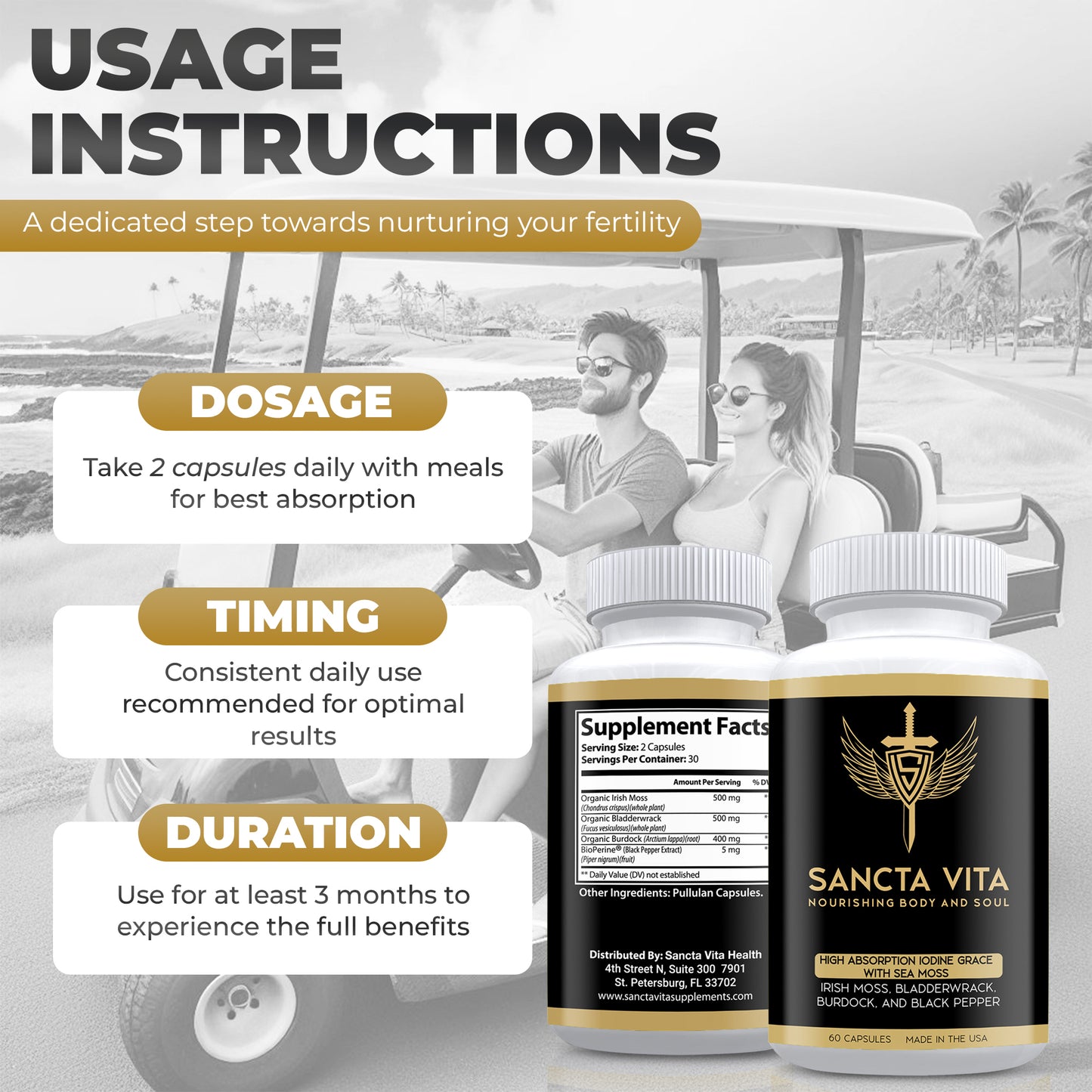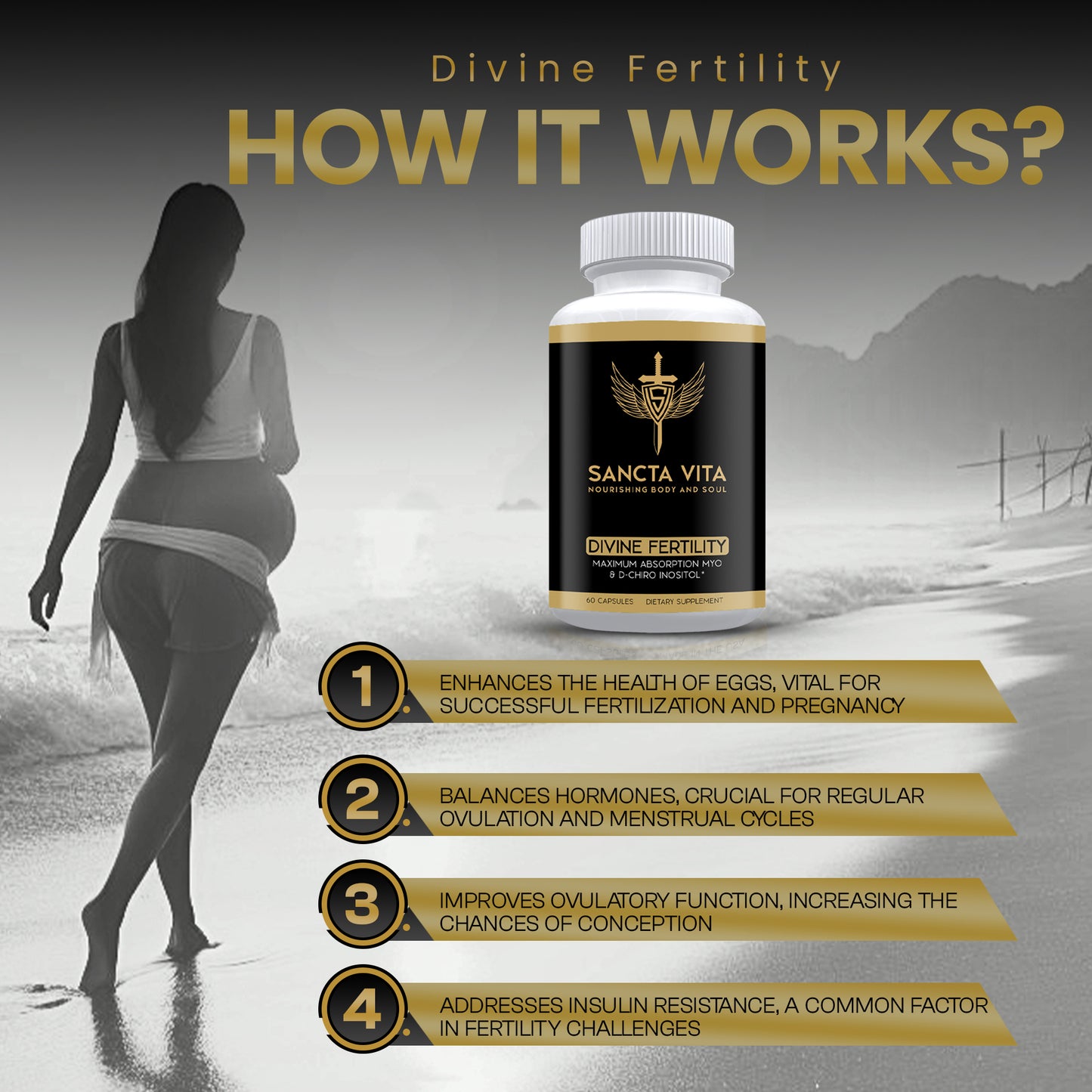
Best Pre Pregnancy Vitamins: Essential Guide to a Healthy Start
Share
Pre pregnancy vitamins and pregnancy supplements play a crucial role in preparing your body for a healthy pregnancy. These essential nutrients support fertility, fetal development, and maternal health, making them a vital component of preconception care. By understanding the importance of pre pregnancy vitamins, couples can take proactive steps towards ensuring the best possible start for their future child with these pregnancy supplements.
Key Takeaways:
- Timing is crucial - start taking these vitamins at least 3 months before conception
- Pre pregnancy vitamins can prevent up to 90% of neural tube defects
- Essential nutrients include folic acid, iron, DHA, vitamin D, choline, and iodine
- Pre pregnancy vitamins may improve fertility and reduce the risk of birth defects
- Consult a healthcare provider for personalized recommendations based on individual needs
Preparing Your Body for Pregnancy: The Importance of Pre Pregnancy Vitamins
These vitamins are specialized supplements designed to support women's bodies in preparation for conception and early pregnancy. These vitamins play a crucial role in preventing birth defects and supporting overall maternal health. For instance, adequate folic acid intake can prevent up to 90% of neural tube defects, which form within the first 4-6 weeks of pregnancy – often before a woman even knows she's pregnant.
Taking these vitamins, such as Sancta Vita's Female Fertility bundle, can also enhance fertility. Studies have shown a 60% decrease in ovulation problems among women taking folic acid. Additionally, these vitamins can reduce the risk of heart defects and cleft lip and palate. It's important to note that while pre pregnancy vitamins are essential, they should complement a healthy diet, not replace it entirely.

Essential Nutrients in Pre Pregnancy Vitamins: Building Blocks for a Healthy Pregnancy
Pre pregnancy vitamins contain several key nutrients that are crucial for both maternal and fetal health. Folic acid, with a recommended daily intake of 400-600 mcg, is perhaps the most well-known. It's naturally found in green leafy vegetables, nuts, beans, and fortified cereals, but supplementation ensures adequate intake.
Iron is another vital component, with a recommended daily intake of 27 mg. Surprisingly, 1 in 5 women in the U.S. are iron deficient before pregnancy. DHA and Omega-3 fatty acids, with a recommended intake of 200-300 mg per day, are essential for fetal neurological development.
Vitamin D, with a recommended daily intake of 600 IU, is crucial as its deficiency has been linked to infertility. Choline, essential for fetal brain development, is often overlooked, with 90% of U.S. women being deficient. Iodine, at 220 micrograms per day, supports healthy brain development. Lastly, Vitamin C, with recommended daily intakes of 85 mg for women over 19 and 80 mg for those under 19, rounds out the list of essential nutrients in pre pregnancy vitamins.
Timing is Everything: When to Start Taking Pre Pregnancy Vitamins
The ideal time to start taking pre pregnancy vitamins is 3 months before conception. This allows your body to build up nutrient reserves, which are crucial during the early weeks of pregnancy. The American College of Obstetricians and Gynecologists (ACOG) recommends starting these vitamins to prevent defects that can form during these critical first weeks.
For women who have had previous pregnancies affected by neural tube defects, a higher dose of folic acid (4 mg daily) is recommended. This should be taken 3 months before conception and during the first 3 months of pregnancy. It's important to note that nutrient needs change during pregnancy. For example, iron needs increase from 18 mg/day pre-pregnancy to 27 mg/day during pregnancy, while calcium needs increase to 1,000-1,300 mg/day.
Choosing the Right Pre Pregnancy Vitamin: What to Look For
When selecting these vitamins, look for products that contain key ingredients such as folic acid, choline, DHA, iron, iodine, and vitamin D. It's also important to choose supplements that have undergone third-party testing and have certifications from organizations like NSF or USP.
Consider your dietary preferences when choosing pre pregnancy vitamins. For example, you might opt for plant-based DHA or methylated folate if you follow a vegan diet. There are also options available for specific needs, such as gluten-free formulations. Remember, while these guidelines are helpful, it's crucial to consult with a healthcare provider for personalized recommendations based on your individual health status and needs.
Frequently Asked Questions
-
What is the best pre pregnancy vitamin?
The best pre pregnancy vitamin contains essential nutrients like folic acid, iron, DHA, vitamin D, choline, and iodine. Look for products with third-party certifications and forms that match your dietary needs. -
When should you start taking pre pregnancy vitamins?
Ideally, start taking pre these vitamins at least three months before trying to conceive to build up nutrient reserves. -
Can pre pregnancy vitamins improve fertility?
Yes, pre pregnancy vitamins can improve fertility by addressing nutrient deficiencies that affect ovulation and egg quality. -
What's the difference between folate and folic acid in these vitamins?
Folic acid is the synthetic form of folate. Both are essential for preventing neural tube defects, but some people may absorb methylated folate more easily. -
Are pre pregnancy vitamins safe if I'm not trying to conceive?
Pre pregnancy vitamins are generally safe even if you're not trying to conceive, but some nutrients may be excessive. Consult a healthcare provider for personalized advice. -
Why are DHA and choline important in pregnancy supplements?
DHA supports fetal neurological development, while choline is critical for cognitive development and helps prevent neural tube defects.
References
- Cleveland Clinic. Prenatal Vitamins: Importance, Deficiency & Essentials.
- American College of Obstetricians and Gynecologists (ACOG). Nutrition During Pregnancy.
- March of Dimes. Vitamins and other nutrients during pregnancy.
Sources:

